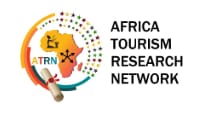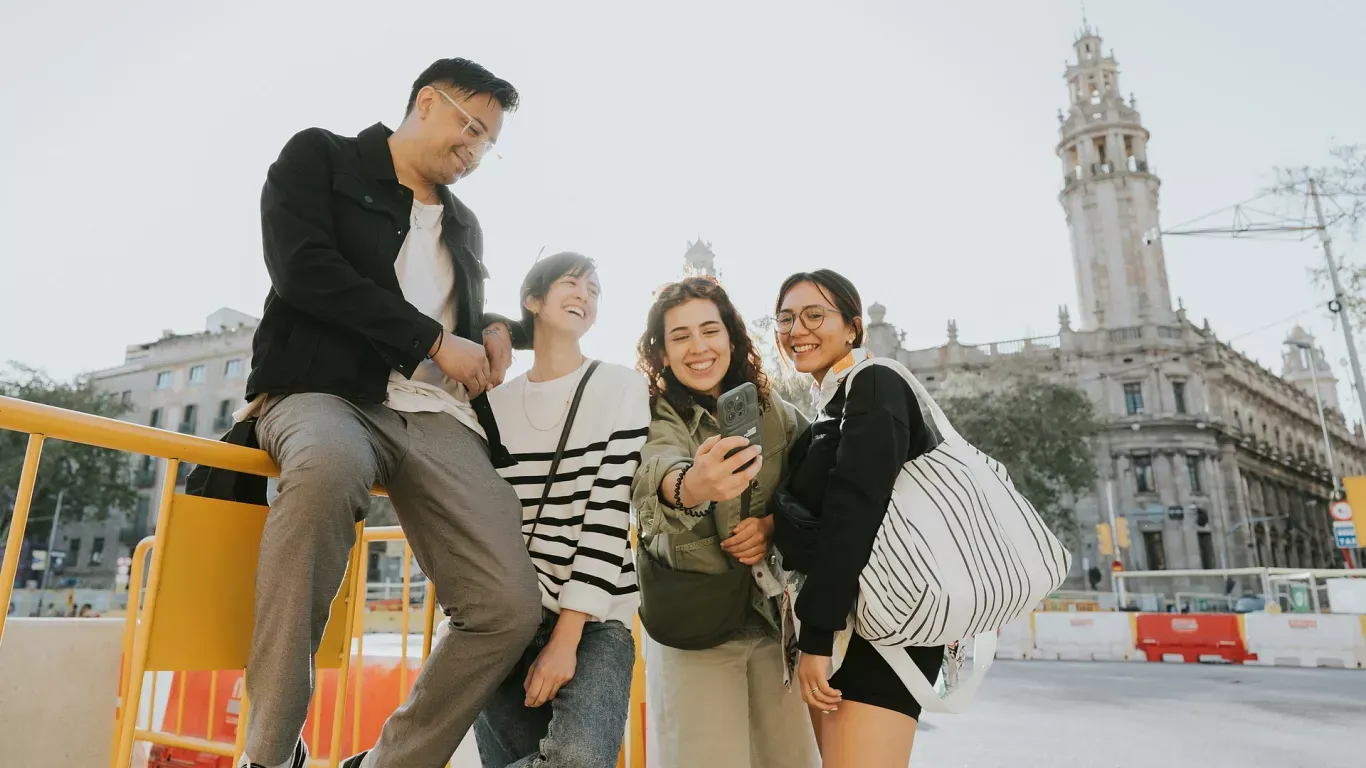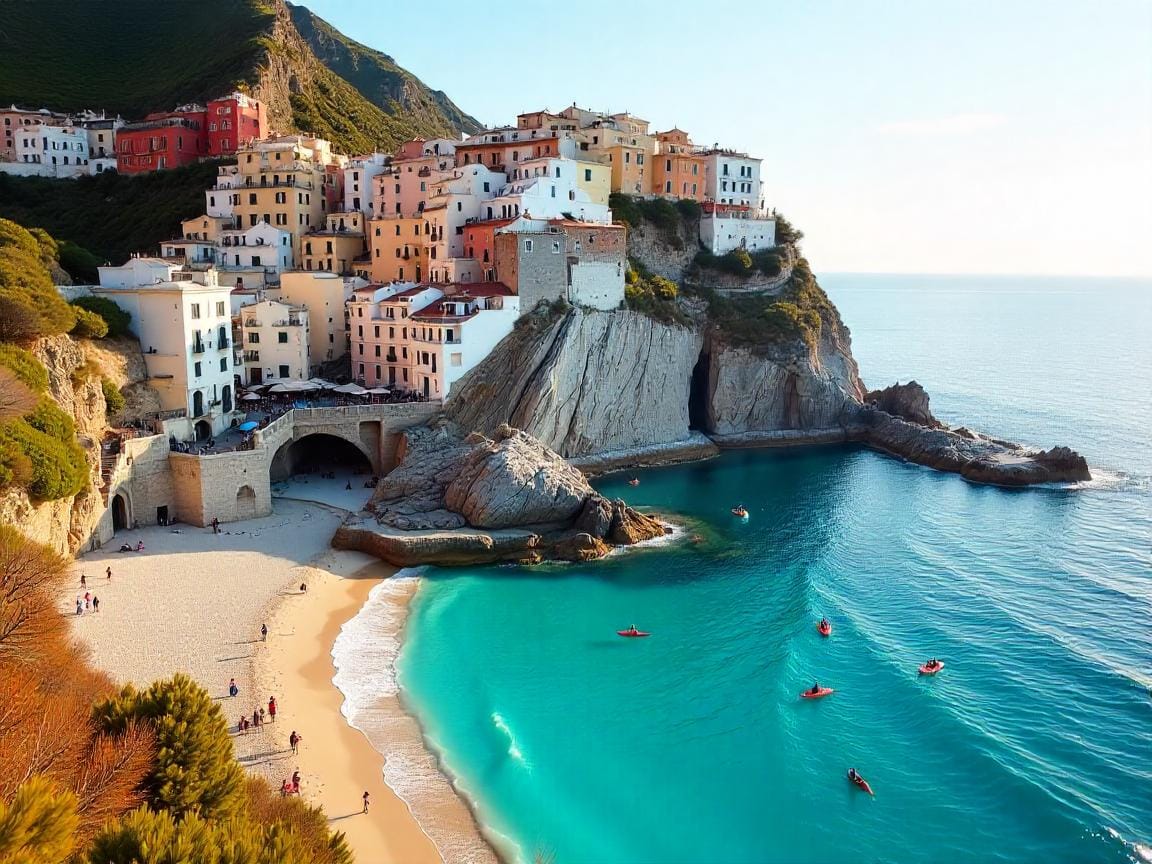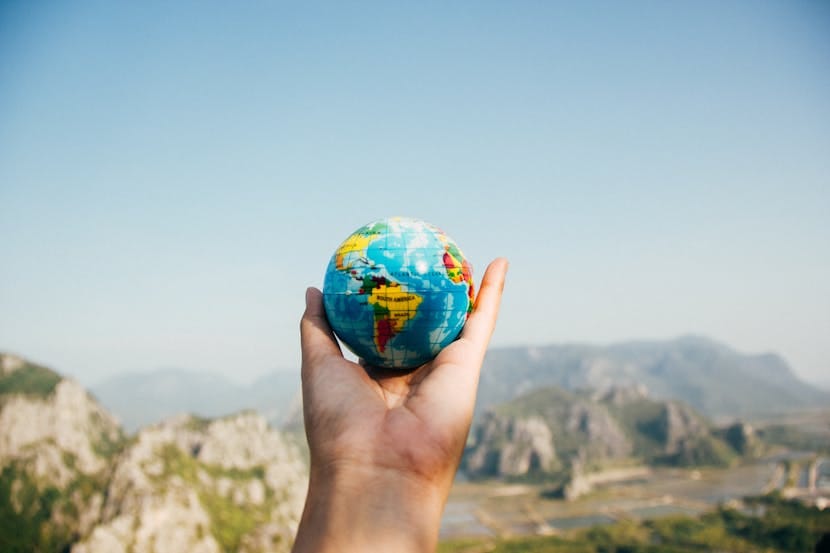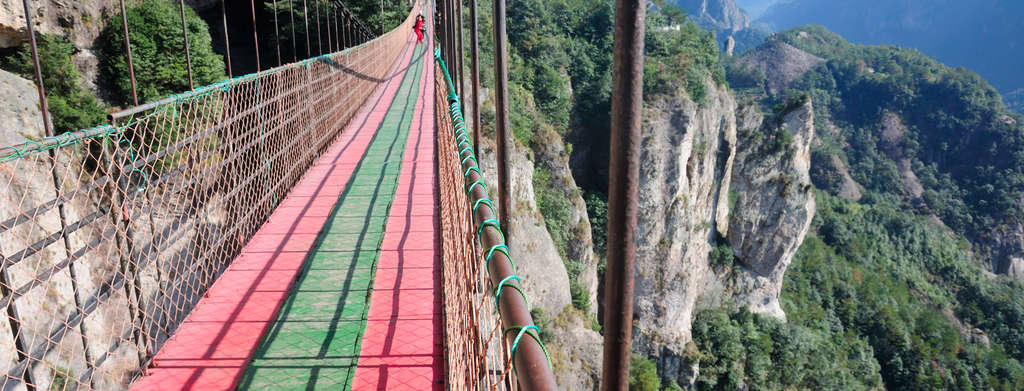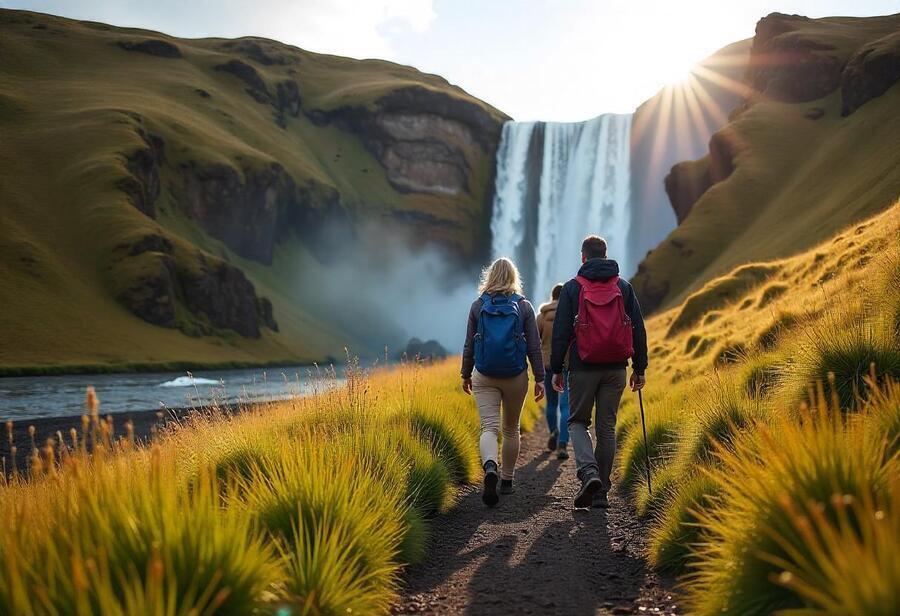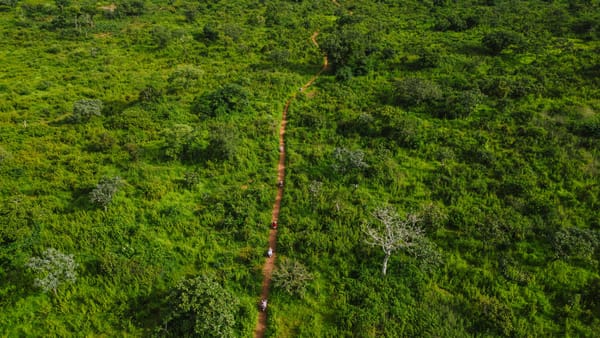Meaningful Tourism – Shaping the future of tourism

Dear reader,
the last stage of the trip in the past weeks brought your humble editor back to his hometown Berlin. Invited by the EIIET European Institute of Innovation, Entrepreneurship and Technology, a lecture was given to a local audience and also to online participants with the title Shaping the Future of Tourism.
The colleagues of EIIET diligently created a summary of the lecture, part of which you can read here. For the full version including some photos, go to https://eiiet.com/shaping-the-future-of-tourism-a-lecture-by-prof-dr-wolfgang-georg-arlt-frgs-fras-at-eiiet/
The story of modern tourism is one of explosive growth, evolving expectations, and increasing challenges.
International travel was completely transformed in 1970 with the arrival of the Boeing 747. Suddenly, the middle class could afford what had previously been a luxury for the wealthy. As tourism emerged as a characteristic of contemporary life, leisure travel, package vacations, and sightseeing increased dramatically.
The impact of tourism resulted in significant changes to urban environments. For example, Barcelona's Las Ramblas began as a local promenade before growing into a popular tourist destination worldwide. More economic opportunities resulted from these improvements, but they also increased hostility between residents and tourists.
The industry reached a crucial point after 50 years of almost continuous expansion. As places struggled to control people and maintain quality of life, overtourism became a catchphrase. The Swedish phrase "Flygskam," which means "flight shame," became widely used.
The COVID-19 pandemic transformed the debate about tourism. Many agreed that the global tourism industry should shift from chasing arrival numbers to prioritizing authenticity, experience, and personal transformation. Demand moved from mass entertainment, shopping, and travel to meaningful and captivating experiences.
As the tourism industry adapts to post-pandemic conditions, 2025 shows an increasing conflict between two forces: the institutional pull toward traditional practices and the demand for significant change. Many governments and service providers are going back to using well-known measures, such as growth rates and arrival numbers. There is a strong drive to return the tourism industry to its pre-2020 state, frequently ignoring the more in-depth, comprehensive strategies that have been considered in the past.
The demand for tourists has changed. Nowadays, tourists look for experiences that are transformative, sustainable, and value-driven. However, a large portion of the sector is relying on quantity-over-quality techniques rather than adapting to these changes, which puts supply and expectations at risk of becoming out of sync.
Indeed, there is no return to the old ways, as can be seen by phenomena like workforce dissatisfaction and a lack of staff, revolting host communities and local resistance, increasing government restrictions and a loss of positive image of tourism.
Three main forces prevent the return to the “good old times”:
- A slowing global economy and increasing political instability
- Artificial Intelligence (AI) redefining job markets—creating new high-skilled roles while eliminating many traditional, low-skilled ones
- Climate change as the most significant long-term disruptor
Tourism as we knew it—sunbathing on crowded beaches, ski holidays, strolling in city centres—is fading. Environmental, economic, and social pressures are pushing tourism indoors, off-season, and off the beaten path. This means more demand for:
- Transformative experiences
- New destinations
- Thematic travel centred on health, education, spirituality, and wellbeing
As the global tourism industry navigates climate disruption, post-pandemic recovery, and societal transformation, one thing is clear: tourism must evolve—not just in purpose, but in practice. That’s where Meaningful Tourism comes in.
Meaningful Tourism is a paradigm that ensures tourism brings both objective benefits and subjective satisfaction to all six main stakeholder groups:
- Travelers and guests
- Host communities
- Employees in tourism services
- Tourism and hospitality businesses
- Governments at all levels
- The material and immaterial environment
Launched by the Meaningful Tourism Centre in 2021, the paradigm received recognition recently with the adaptation of the new PATA Vision of striving for a Meaningful Tourism Economy.
If you are interested in the complete presentation, drop a line to office@meaningfultourismcentre.org and we will be happily send the file to you.
As always, all best wishes from your humble editor Prof. Dr. Wolfgang Georg Arlt and the whole Meaningful Tourism Centre team!

Editor: Prof. Dr. Wolfgang Georg Arlt

Meet the Trainers for the Meaningful Tourism Transformative Game Workshop:

Paul Moxness
Paul Moxness is a globally recognized expert in hospitality security, with over three decades of international experience.
He currently serves as Senior Director at Risk Resiliency, leading hospitality risk and safety programs.
Paul is also a lead writer for Keep Travel Safe, a Substack publication on hospitality and travel risk.
He teaches tourism and hospitality courses remotely as a Programme Coordinator at Excel Career College.
Previously, he worked as a College Professor at Okanagan College, earning top student evaluations.
From 2019 to 2024, he was Managing Partner at NorthPoint International, supporting Hyatt Hotels’ post-pandemic safety efforts.
Paul co-founded The Always Care Consulting Company, where he authored the book Spin the Bottle Service – Hospitality in the Age of AI.
His longest tenure was with Radisson Hotel Group as Vice President of Corporate Safety and Security, contributing to their 9-year streak on Ethisphere’s Most Ethical Companies list.
Paul holds a Bachelor of Social Science in Psychology from the Norwegian University of Science and Technology.
He is multilingual, a UN Global Expert, and an active member of several international security organizations.
Meaningful Tourism Weekly asked Paul about the situation of tourism in Canada and the role Meaningful Tourism paradigm can play to support the development in this country.
His answer:
Recently at the British Columbia Hotel Association’s annual summit, Greg Klassen, Senior Director at Skift Advisory, delivered a compelling presentation on the urgent need to prioritize tourism investment in Canada. His message was clear: while Canada may have underinvested in tourism compared to other global destinations, this lag presents a rare opportunity to chart a new and better course.
I believe Meaningful Tourism can play a foundational role as Canada moves to fill the tourism investment gap.
The Opportunity in Underinvestment
For years, Canada’s tourism sector has lacked the same level of investment seen in other markets. With growing numbers of international travellers reconsidering the United States as a destination, Canada stands poised to welcome more visitors. As destinations are developed to meet this potential, Meaningful Tourism offers a framework that ensures those developments are not just visitor-centric but holistically focused on all stakeholders in ways that benefit communities, ecosystems, employees, and travellers alike.
A Strong Foundation in Indigenous Tourism
Canada is already a global leader in Indigenous Tourism, and this sector offers valuable lessons in how to apply Meaningful Tourism in practice. The stewardship of land and life embedded in Indigenous values aligns naturally with this paradigm. What began as efforts to preserve and share cultural history has evolved into vibrant, contemporary experiences rooted in traditions of sustainability and care.
For example, the Thompson Okanagan Tourism Association’s Seven Affirmations for Seven Generations is grounded in the Indigenous Seven Generations Principle. This long-view understanding that today’s decisions ripple across future generations is the foundation for truly sustainable tourism.
Redefining What Tourism Success Looks Like
A recent article I shared on LinkedIn from Travel Weekly was titled, “Hawaii Travel Executive: Tourism as We Know It Is Over.” The message resonated. The volume-based, extractive model of tourism is failing, not only for communities and ecosystems but increasingly for the travellers themselves.
Instead of maximizing numbers, tourism must prioritize place, people, and purpose. That’s where the Meaningful Tourism paradigm shines. In practical terms, this shift includes:
- Authentic cultural experiences that aren’t staged but shared with integrity.
- Local communities that actively shape tourism to the benefit of visitors and residents alike.
- Climate adaptation and resilience that is designed into tourism infrastructure, policies, and storytelling.
- Businesses that recognize employee well-being and guest satisfaction are two sides of the same coin.
When I shared these ideas on LinkedIn, the post received over 23,000 views and sparked hundreds of reactions and dozens of conversations, many from professionals across nearly every province in Canada. People are ready for a new model, and they want to contribute to forging the path forward.
A Blank Canvas Worth Painting
Canada’s lag in tourism development may be a blessing in disguise. Rather than replicating models used elsewhere, we have the chance to design something better. We have the chance to develop tourism that is truly resilient, equitable, and sustainable.
Meaningful Tourism is not just a theory. It’s a framework that helps us build tourism experiences that matter to travellers, to locals, and to the planet. It’s time to invest, and Canada is primed to invest in a meaningful way.
Trainers Around the World
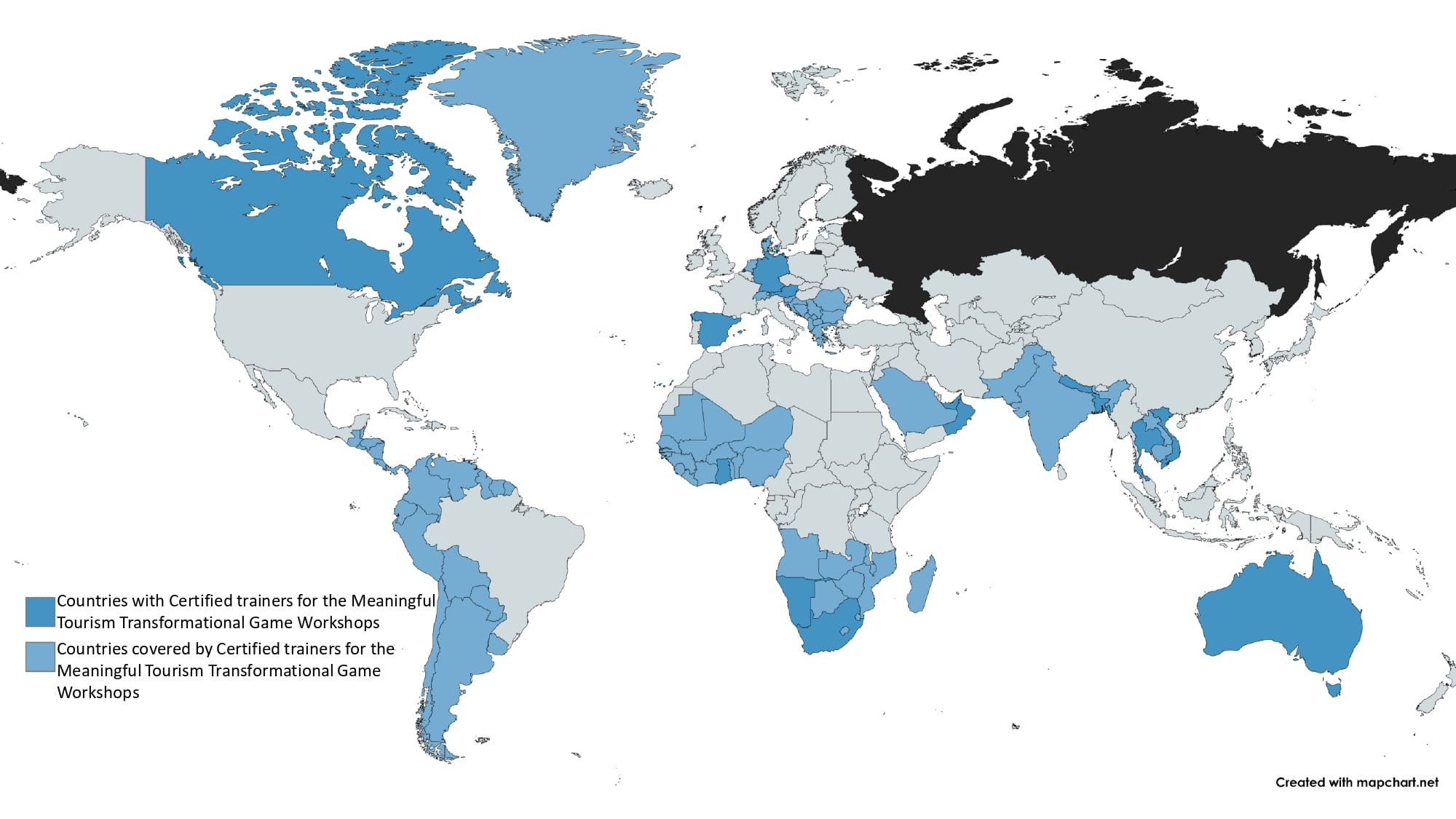
MTC is happy to invite more persons to become certified trainers and offering Meaningful Tourism Transformational Game Workshops in countries or regions not yet covered. If you have experience as a trainer and interest to support sustainable tourism, please contact us.

UNSEEN TOURS – BENEFITS TO THE HOST SOCIETY
Tourism with a Purpose
Unseen Tours offers a powerful example of how tourism can become a tool for social change. Launched in 2010 from the grassroots volunteer work of The Sock Mob, the organization was the first of its kind to provide people affected by homelessness the opportunity to work as professional tour guides. Their model is grounded in dignity, empowerment, and storytelling—giving guides a platform to share their personal journeys while showcasing lesser-known parts of London. What makes the tours truly special is the deep authenticity and emotional resonance they carry, offering tourists and locals alike an experience that goes far beyond the traditional sightseeing route.
Empowering Marginalized Voices
Beyond the engaging walking tours, Unseen Tours operates with a clear social mission: to create meaningful employment and support systems for individuals who have experienced homelessness and marginalization. Their approach includes bespoke training programs, continuous mentorship, and cross-sector collaborations with organizations offering housing, mental health, and other frontline services. The organization’s Theory of Change provides a strategic framework to measure the positive social outcomes of their work—ranging from improved confidence and well-being to long-term stability and reintegration into society. The initiative has also diversified employment opportunities for guides, who have gone on to work as curators, quizmasters, and public speakers at events and conferences.
A Model for Inclusive, Sustainable Tourism
With over 25,000 conversations sparked through the tours and consistent 5-star reviews on TripAdvisor, Unseen Tours is not only redefining responsible tourism but also reshaping public attitudes toward homelessness. Even during the challenges of the COVID-19 pandemic, the organization adapted by launching virtual “Not-In-A-Pub” quizzes—ensuring continued support for its guides. As a social enterprise, Unseen Tours reinvests profits to grow its impact, bringing more voices into the tourism narrative and building a fairer, more inclusive society. Its success has inspired similar initiatives across other cities and earned recognition in academic and industry circles as a best practice model for community-focused tourism.
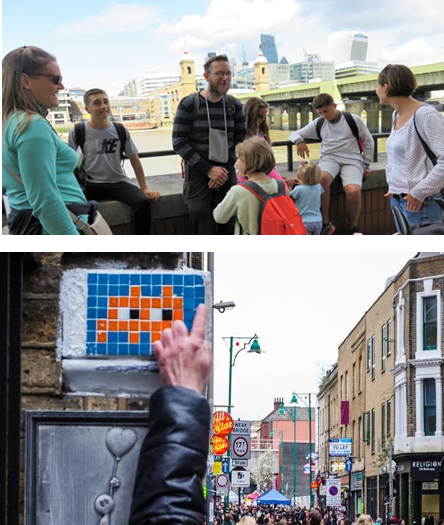

For more information on the latest Meaningful Tourism news, we recommend looking at the following information from our partners and colleagues:
TRAVELLERS
From rising rents to rewilding: How tourists are rethinking their impact on the places they visit
Since 2016, the number of travellers who say they want to make more responsible choices has doubled. Tourists are increasingly aware that the way they travel matters – not just for the planet, but for the people who call popular destinations home.
From Rising Rents to Rewilding: How Tourists Are Rethinking Their Impact
HOST COMMUNITIES
Spain Prepares for Major Protests Against Overtourism as Activists Demand Urgent Reforms to Protect Local Communities and Preserve Cultural Heritage
As Spain prepares for a wave of protests against overtourism, the country is facing increasing unrest over the environmental and social costs of mass tourism. Activists are calling for urgent reforms to protect local communities, preserve cultural heritage, and mitigate the negative effects of uncontrolled visitor numbers. The protests, scheduled for June 15, 2025, are set to disrupt some of Spain’s most popular tourist destinations, including Barcelona, Majorca, and the Canary Islands. These actions highlight the pressing need for sustainable tourism practices as local residents struggle with overcrowding, rising costs, and the erosion of their cultural identity.
Spain Prepares for Major Protests Against Overtourism
EMPLOYEES
Business Travel Trends 2025: AI-Powered Efficiency, Biometrics, and Meetings in Motion Redefining Global Corporate Travel
Global business travel spending is on a steady rise, expected to hit $1.64 trillion in 2025, according to the Global Business Travel Association (GBTA).
As companies navigate hybrid work models, sustainability imperatives, and geopolitical uncertainties, new technologies and trends are redefining corporate travel.
Global Business Travel Spending to Hit $1.64 Trillion in 2025
COMPANIES
The hotel industry accelerates its sustainable transition
Faced with growing environmental and social challenges, the hotel industry is having to respond to increasingly pressing CSR expectations. From reducing carbon footprints to optimising resource management, the sector is undergoing a major transformation, driven by initiatives aimed at reconciling profitability and sustainability.
However, while this transition to a greener future brings opportunities, it also raises complex challenges. Find out how the sector is adapting to the new market realities.
Hotel Industry Accelerates Its Sustainable Transition (Part 1)
GOVERNMENTS
UN Tourism and World Tourism Alliance Identify Ways to Make Sector Key Driver of Inclusive Development
A new report by UN Tourism and the World Tourism Alliance (WTA) highlights that targeted policies, regulatory frameworks and governance models are crucial to ensuring tourism benefits are shared by all community members, promoting social equity and inclusion.
The report makes clear the multifaceted role of tourism in achieving this objective, through job creation, gender empowerment, community development, natural and cultural heritage conservation, sustainable environmental practices, education and infrastructure development.
How Tourism Can Drive Social Equity and Community Empowerment
ENVIRONMENT
How Iceland Is Successfully Managing Its Tourism Boom While Ensuring the Long-Term Preservation of Its Environment
Iceland has become a standout example for countries aiming to create a balance between economic progress and environmental conservation. Known for its mesmerizing glaciers, active volcanoes, and geothermal hot springs, Iceland’s allure as a travel destination is undeniable. However, its approach to tourism is unique, as it integrates sustainability into its tourism industry, ensuring the protection of its fragile natural landscapes while simultaneously benefiting its economy. Iceland has managed to establish an effective model for countries to follow, showing that tourism can be both profitable and environmentally responsible.

GITF Guangzhou International Travel Fair 2025
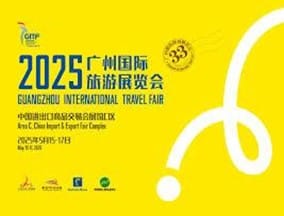
The GITF Guangzhou International Travel Fair 2025 will take place from May 15-17, 2025, in Guangzhou/China.
GITF is the travel fair and conference with the longest tradition in China and the main meeting point for the biggest international tourism source market in the world: South China, including the Greater Bay Area Hong Kong SAR and Macau SAR.
In 2025, the motto of the fair and the accompanying conference is Meaningful Tourism – Enduring Connections. The conference is organized by the Meaningful Tourism Centre. On the first day four keynote speakers from international organisations plus a presentation of the Greater Bay Area Inbound and Outbound Tourism Report done MTC in cooperation with Hong Kong Polytechnical University, Sun Yat-sen University Guangzhou and Macau University of Science and Technology will provide concentrated updates and insights. On the following two days several shorter focus satellite events will focus on several hot topics in Chinas outbound tourism including Meaningful Tourism in China.
The 19th UN Tourism Asia-Pacific Executive Training Programme on Tourism Policy and Strategy

The 19th UN Tourism Asia-Pacific Executive Training Programme on Tourism Policy and Strategy organized by UN Tourism will be held in Ulaanbaatar, Mongolia from 19 – 22 May 2025.
Learn more on the official UN Tourism website →
Meaningful Tourism Weekly is published every Thursday by the MTC Meaningful Tourism Centre (London and Kathmandu).
Each Meaningful Tourism Weekly includes the Meaningful Tourism Weekly Editorial, news about MTC activities, a Best Practice example, a portrait of a MTC-certified trainer, news about upcoming events and occasionally additional op-ed pieces provided by guest authors.
Furthermore, carefully selected news items including videos and podcasts with a link to the original source are added, sorted according to the six main stakeholders of tourism and hospitality, as defined by the Meaningful Tourism paradigm: Traveller/Guests, Host community, employees in tourism and hospitality service providers, service providing companies, governments and the environment.
Subscription to Meaningful Tourism Weekly is free, there are no advertisements. Names and other details of the subscribers are not shared with anybody.
Sponsorship options are available.
If you are interested in the work of the Meaningful Tourism Centre, providing trainings, market research, product adaptation, consulting services, conferences, strategy development and marketing, visit our website www.meaningfultourismcentre.org or contact us using info@meaningfultourismcentre.org.


